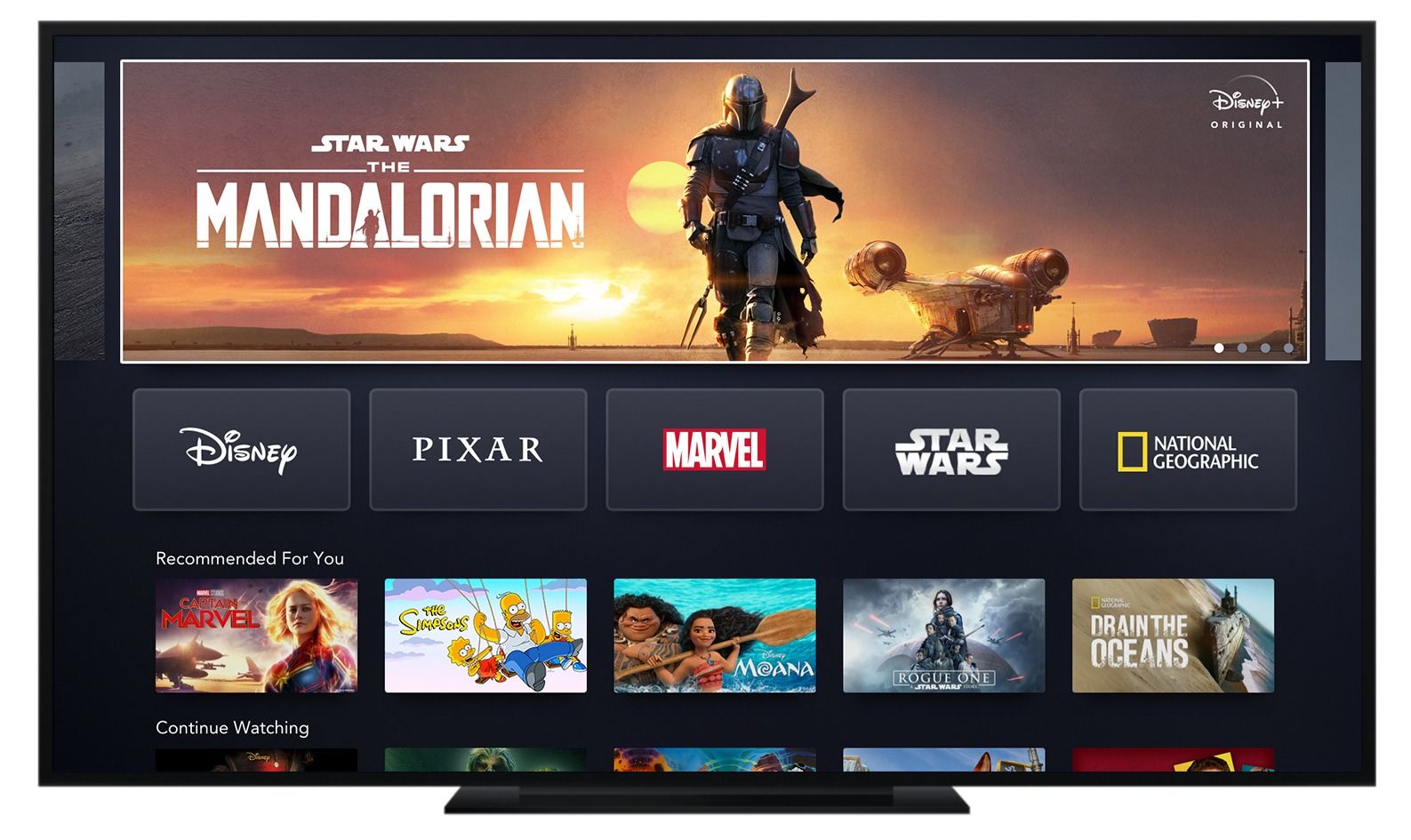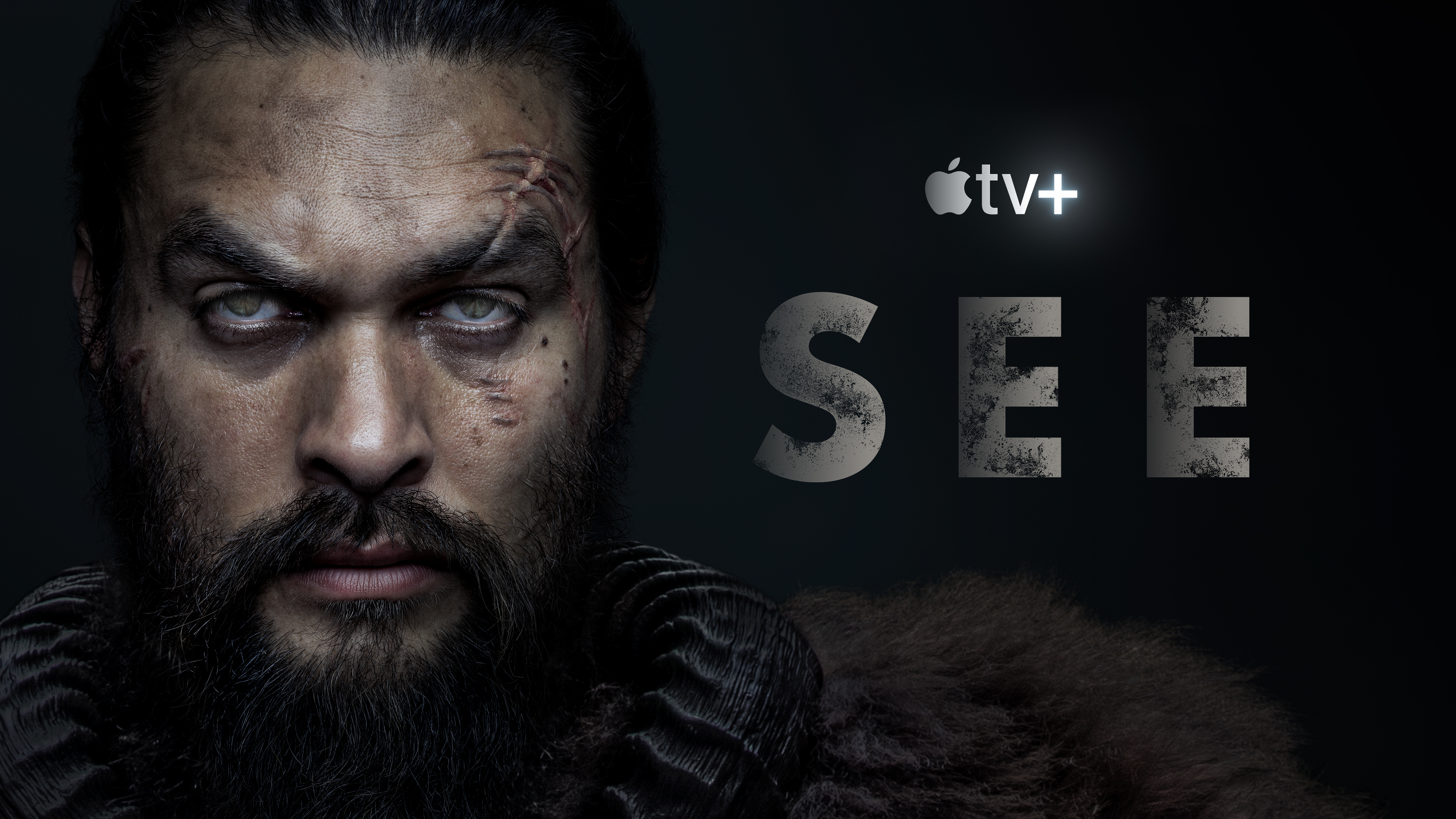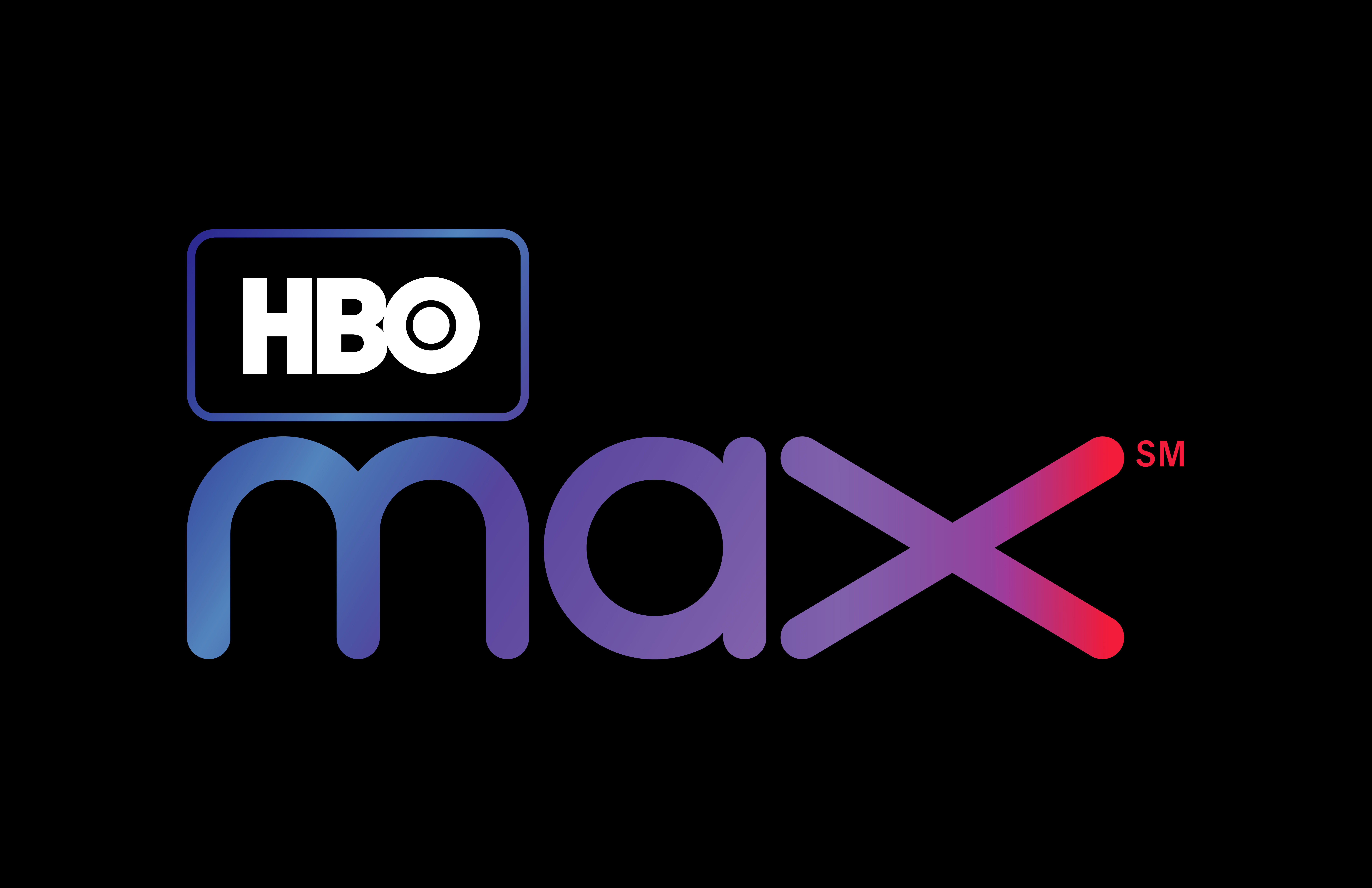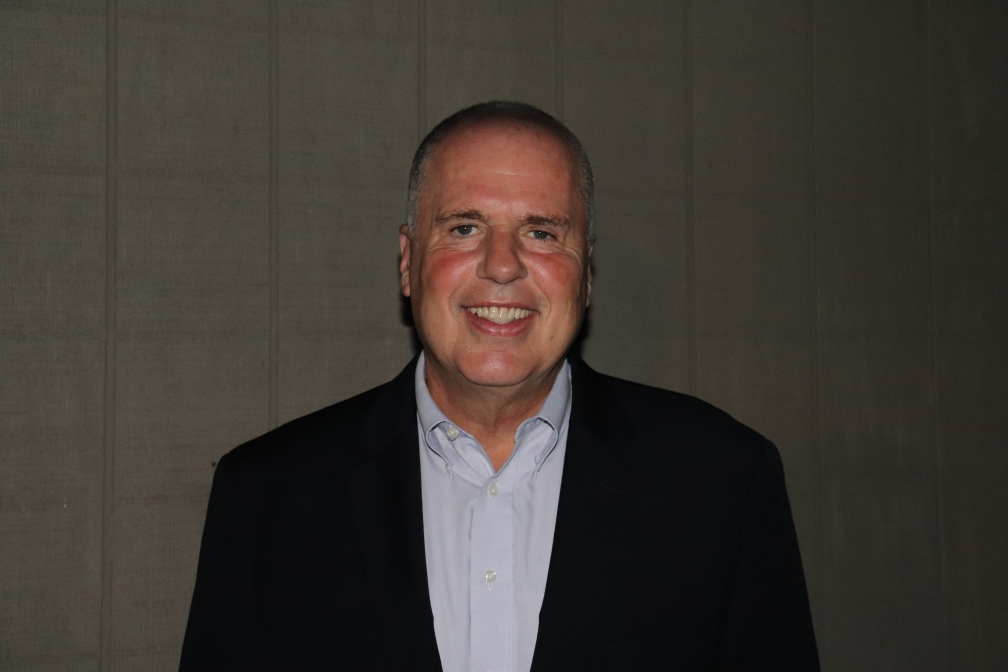Getting Noticed in the Growing Streaming Landscape
HBO Max, Peacock, a streaming service from Discovery and Quibi are up next

The smarter way to stay on top of the streaming and OTT industry. Sign up below.
You are now subscribed
Your newsletter sign-up was successful
In anticipation of the launch of Disney+, Disney estimated last April that its new streamer will have 60 to 90 million global sign-ups by the end of 2024. With a massive 10 million subscribers for Disney+ within the first day of launching the service in the U.S., Canada and the Netherlands, and the movement of Disney's stock on Nov. 13, Bernstein analyst Todd Juenger wrote in a research note that Disney+ could have as many as 120 million subs in fiscal 2024.
While eight-year-old industry leader Netflix still leads at a reported 158 million subscribers (through third quarter 2019, according to Statista), the immediate response to Disney+ is all the more impressive given the growing saturation of streamers.
“What Disney+ does, which other streamers most likely cannot, is they have brought us an entire library of familiarity,” said Mike Tankel, partner/optimist at marketing and development firm To Be Continued. “You’ve got Marvel, Star Wars, Pixar, Nat Geo and the Disney brand. We know them, we know what they stand for, and we’ve had this amazingly meaningful connection with them throughout our lives.”
“Today’s content business is a subscription business, with the goal to keep people engaged, involved and paying month after month,” Tankel said. “And Disney has done something I have not seen many other streamers do. They offer an annual subscription at a reasonable rate. Now, we have to wonder how this will impact the current and upcoming digital streamers.”

Just How Many Streaming Platforms Can the Marketplace Support?
With Apple TV+ a recent addition, and the arrivals of others including Peacock in April 2020 (featuring over 15,000 new and evergreen titles from the NBCUniversal library) and HBO Max from WarnerMedia Entertainment in May, among others, the marketplace is now more difficult to break into with Disney+ in the mix.
“WarnerMedia has almost 10 years of storytelling experience with many of the most beloved titles and franchises across the entertainment landscape, coupled with the technology platform of HBO Now to iterate from and the marketing and distribution power of 170 million consumer connections of AT&T,” said Kevin Reilly, president TBS and TNT and chief creative officer for Turner Entertainment and direct-to-consumer at WarnerMedia, said.
The smarter way to stay on top of the streaming and OTT industry. Sign up below.
At launch, HBO Max will feature an estimated 30 original series, scripted and non-scripted, with 58 expected overall including repackaged content.
“We offer both a depth and breadth of choice, but have curated the best 10,000 hours of quality content plus originals and the most sought-after third party programming for HBO Max,” Reilly told Next TV. “We believe the hand-picked ‘human selection in tandem with the platform algorithm will give the HBO Max experience a different feel.”
Not everyone is that optimistic about what HBO Max has to offer.

“There is no way that HBO Max will have the kind of launch impact that we saw with Disney+," Dave Morgan, founder and CEO of Simulmedia, said. “It is much more expensive. It is a hard value proposition for consumers to decipher since it will lean so much on asking current HBO subscribers to switch. And, most importantly, I can't imagine that the cable, satellite and telco companies that distribute and sell HBO for them today are going to sit back and let WarnerMedia take back their customers while they still have long term, exclusive distribution contracts for the HBO content.”
Peacock, which will take a more aggressive approach in content after the 2020 Summer Olympics (with ample promotion during the Olympics, presumably), is expected to offer an ad-supported version for free to its cable subscribers. Users who do not want ads or don’t subscribe to Comcast will have the option of paying for the service.
“I don’t see the arrival of Peacock resulting in a flood of subscribers,” said media analyst Brad Adgate. “And I don’t think a slow launch is beneficial in this crowded field. But let’s see what happens following the arrival of original content after the Olympics.”
New programming expected on Peacock includes revivals of Battlestar Galactica and kids-themed sitcoms Saved By the Bell and Punky Brewster.
Discovery also has a streaming platforming arriving in 2020. Then there's Quibi, which stands for “quick bites” and will specialize in original, short-form content designed for smartphones. Jeffrey Katzenberg founded it and Meg Whitman is CEO.

“For newbie streaming services to stand-out, they will need to be niche and offer a unique value proposition to consumers,” Simulmedia’s Morgan said. “Discovery has been very smart here with their planned services leveraging ‘home & hearth’ content from Scripps and their partnership with BBC. I do think that services like Spectrum's have a chance if they are priced low and have enough new content to matter.”
“Content matters, both original and existing libraries, but equally imperative is how you engage this potential audience,” Tankel said. “We need to engage these fandoms with real life engagement, exposure, and access to the people who made them. We need to make it relevant. We need to make it tangible. And what was once old could have a new perspective through real-life engagement.”
“How you engage this fandom can give any of these streamers, or any content provider a real advantage,” he said. “It will make a difference.”
Marc Berman is editor-in-chief for media-centric The Programming Insider (programminginsider.com), which pioneered the email newsletter format at its inception in 1999. Marc has written for a wide range of publications including Broadcasting + Cable, Next TV, Forbes, Newspro, Campaign US, The Hollywood Reporter and Variety. Known as “Mr. Television” at Mediaweek (now Adweek), Marc has appeared on camera on Entertainment Tonight, Extra, Inside Edition and CNN and MSNBC, among other series and outlets. He is a member of The Television Critics Association and The Broadcast Journalists Television Association. And Marc put his TV historian hat on as author of desk calendar Today in TV History.

